A path-breaking diagnostic technology invented by a city hospital can help the country fight the relatively new multi-drug resistant (MDR) tuberculosis.
A path-breaking diagnostic technology invented by a city hospital can help the country fight the relatively new multi-drug resistant (MDR) tuberculosis. The technology makes it possible to detect MDR tuberculosis in three to four days instead of the conventional three months. It also stops cross transmission.
The PD Hinduja Hospital’s invention has recently been mentioned in the International Journal of Infectious Diseases. Brainchild of researcher Dr Shubadha Shenai from the microbiology department of the hospital, the molecular test is quick, accurate, and can be effective in curbing the spread of the highly contagious disease. The hospital has already filed for a patent.
The technology called Reverse Line Blot Hybridisation (RLBH) answers some of the vital questions that a clinician needs to know while treating a tuberculosis patient. “This test will rapidly confirm the drug-resistant mutation in multi-drug resistant TB,” Dr Camilla Rodrigues, the consultant microbiologist who headed the team of researchers, said.
The test makes it possible for doctors to know about the drugs the patient is resistant to and change the treatment accordingly. In this molecular technology, drug resistant mutation is visualised. “This test allows us to know the level of resistance as well,”
Rodrigues said. The test was used in 350 samples from the city to validate it.
In most of the cases in India, multi-drug resistant tuberculosis is detected only when the first line of treatment has failed. The diagnostic methods take at least three months to establish that the patient has MDR TB.
The standard conventional method to detect such a TB is culture. The manual technique, LJ, takes about four to 12 weeks, and the automated, MGIT, about one to four weeks. The test to study the resistance to a particular drug takes additional time.
This new technology has the potential to reduce transmission as crucial time is saved in diagnosis. It will, however, take some time for the technology to be cost-effective. At present, LJ costs about Rs250. This will cost as much as MJIT — about Rs2,000.
![submenu-img]() Amitabh Bachchan's granddaughter Navya Naveli Nanda gets into IIM Ahmedabad, shares photos; netizens ask her CAT rank
Amitabh Bachchan's granddaughter Navya Naveli Nanda gets into IIM Ahmedabad, shares photos; netizens ask her CAT rank![submenu-img]() Paris Paralympics: Preethi Pal secures India's sixth medal, wins bronze in women’s 200m- T35 final
Paris Paralympics: Preethi Pal secures India's sixth medal, wins bronze in women’s 200m- T35 final![submenu-img]() Noida News: FIR to be filed for faulty lifts in housing societies, action to be taken against...
Noida News: FIR to be filed for faulty lifts in housing societies, action to be taken against...![submenu-img]() Israelis protest against PM Netanyahu after six hostages found dead in Gaza
Israelis protest against PM Netanyahu after six hostages found dead in Gaza![submenu-img]() How did snakes lose their legs?
How did snakes lose their legs? ![submenu-img]() कोलकाता रेप-मर्डर केस: CBI का बड़ा एक्शन, पूर्व प्रिंसिपल संदीप घोष गिरफ्तार, 15 दिन से हो रही थी पूछताछ
कोलकाता रेप-मर्डर केस: CBI का बड़ा एक्शन, पूर्व प्रिंसिपल संदीप घोष गिरफ्तार, 15 दिन से हो रही थी पूछताछ![submenu-img]() केंद्रीय मंत्री Nitin Gadkari की चेतावनी, 'डीजल कारें बनाना बंद करें कंपनियां, नहीं तो...'
केंद्रीय मंत्री Nitin Gadkari की चेतावनी, 'डीजल कारें बनाना बंद करें कंपनियां, नहीं तो...'![submenu-img]() AAP विधायक अमानतुल्लाह खान ने कई समन किए नजरअंदाज, फिर ED ने इस आधार पर किया गिरफ्तार
AAP विधायक अमानतुल्लाह खान ने कई समन किए नजरअंदाज, फिर ED ने इस आधार पर किया गिरफ्तार ![submenu-img]() दिल चुरा लेगा Deepika Padukone का मैटरनिटी शूट, देखें डिंपल ब्यूटी की अदा
दिल चुरा लेगा Deepika Padukone का मैटरनिटी शूट, देखें डिंपल ब्यूटी की अदा![submenu-img]() Jharkhand Crime: पहले पत्नी को मौत के घाट उतारा और फिर पति ने की आत्महत्या, दिल दहला देगी यह कहानी
Jharkhand Crime: पहले पत्नी को मौत के घाट उतारा और फिर पति ने की आत्महत्या, दिल दहला देगी यह कहानी ![submenu-img]() Meet man who spent childhood in poverty, home was sold, now his net worth is Rs 4500, his business is...
Meet man who spent childhood in poverty, home was sold, now his net worth is Rs 4500, his business is...![submenu-img]() Meet samosa seller from Noida, who cracked NEET-UG 2024, his rank is...
Meet samosa seller from Noida, who cracked NEET-UG 2024, his rank is...![submenu-img]() Meet doctor who left practice to crack UPSC in 1st try, she is a social media star, married to an IAS, she is posted....
Meet doctor who left practice to crack UPSC in 1st try, she is a social media star, married to an IAS, she is posted....![submenu-img]() Meet woman, IAS officer who is known for her fearless administration, cracked UPSC exam with AIR...
Meet woman, IAS officer who is known for her fearless administration, cracked UPSC exam with AIR...![submenu-img]() Meet woman, who left her medical studies to crack UPSC exam, became IAS officer, secured AIR...
Meet woman, who left her medical studies to crack UPSC exam, became IAS officer, secured AIR...![submenu-img]() Giriraj Singh Attacked: Union Minister Giriraj Singh Assaulted In Begusarai, Bihar; Accused Arrested
Giriraj Singh Attacked: Union Minister Giriraj Singh Assaulted In Begusarai, Bihar; Accused Arrested![submenu-img]() Haryana Assembly Election 2024: Haryana Assembly Election Date Changed, Check Details Here
Haryana Assembly Election 2024: Haryana Assembly Election Date Changed, Check Details Here![submenu-img]() Vinesh Phogat Joins Farmers' Protest At Shambhu Border, Answers On Joining Politics | Congress | BJP
Vinesh Phogat Joins Farmers' Protest At Shambhu Border, Answers On Joining Politics | Congress | BJP![submenu-img]() Tripura Floods: 12 Killed, Over 300 Rescued As Heavy Rains Causes Severe Flooding In Tripura
Tripura Floods: 12 Killed, Over 300 Rescued As Heavy Rains Causes Severe Flooding In Tripura![submenu-img]() Kolkata Doctor Murder: Are Indian Rape Laws Enough? Public Opinion On Stricter Measures
Kolkata Doctor Murder: Are Indian Rape Laws Enough? Public Opinion On Stricter Measures![submenu-img]() Neeraj Chopra, Manu Bhaker, Vinesh Phogat: How much did brand value of star athletes jump after Paris Olympics?
Neeraj Chopra, Manu Bhaker, Vinesh Phogat: How much did brand value of star athletes jump after Paris Olympics?![submenu-img]() Manu Bhaker wants to spend time with this Indian sportsperson and it's not Neeraj Chopra
Manu Bhaker wants to spend time with this Indian sportsperson and it's not Neeraj Chopra![submenu-img]() Neeraj Chopra's net worth before Olympics was Rs 25 cr, Arshad's net worth was Rs 80 lakh, their current net worth is...
Neeraj Chopra's net worth before Olympics was Rs 25 cr, Arshad's net worth was Rs 80 lakh, their current net worth is...![submenu-img]() Vinesh Phogat's net worth was just Rs 5 crore before Paris Olympics, her current net worth is Rs…
Vinesh Phogat's net worth was just Rs 5 crore before Paris Olympics, her current net worth is Rs…![submenu-img]() What is the price, length and weight of Neeraj Chopra and Olympic gold medalist Arshad Nadeem's javelin?
What is the price, length and weight of Neeraj Chopra and Olympic gold medalist Arshad Nadeem's javelin?![submenu-img]() Before Shah Rukh Khan, Salman Khan was Aditya Chopra's first choice for this National Award-winning blockbuster film
Before Shah Rukh Khan, Salman Khan was Aditya Chopra's first choice for this National Award-winning blockbuster film![submenu-img]() Cricketers who have played only a single IPL match
Cricketers who have played only a single IPL match![submenu-img]() 5 top selling Maruti cars in India
5 top selling Maruti cars in India![submenu-img]() Asia's highest-paid actor, 72-year-old action star earning Rs 280 crore a film, bigger than SRK, Salman, Akshay, Prabhas
Asia's highest-paid actor, 72-year-old action star earning Rs 280 crore a film, bigger than SRK, Salman, Akshay, Prabhas![submenu-img]() This superstar was one of highest-paid actors, got addicted to alcohol, went bankrupt; died at...
This superstar was one of highest-paid actors, got addicted to alcohol, went bankrupt; died at...![submenu-img]() Manipur: Two dead, 9 injured in firing by suspected militants in Imphal West
Manipur: Two dead, 9 injured in firing by suspected militants in Imphal West![submenu-img]() ‘All school textbooks glorifying Akbar will…’: Rajasthan Education Minister makes big claim
‘All school textbooks glorifying Akbar will…’: Rajasthan Education Minister makes big claim![submenu-img]() Who was Rupin Katyal, man who got murdered by terrorists on hijacked IC 814?
Who was Rupin Katyal, man who got murdered by terrorists on hijacked IC 814?![submenu-img]() Telangana Rains: One dead, 99 trains cancelled as heavy rainfall lashes state
Telangana Rains: One dead, 99 trains cancelled as heavy rainfall lashes state![submenu-img]() Watch: PM Modi holds telephonic conversation with Paris Paralympics 2024 medal winners
Watch: PM Modi holds telephonic conversation with Paris Paralympics 2024 medal winners![submenu-img]() Malayalam cinema's sexual abuse scandal explained: How sexual assault of star in 2017 led to Mollywood's #MeToo moment
Malayalam cinema's sexual abuse scandal explained: How sexual assault of star in 2017 led to Mollywood's #MeToo moment![submenu-img]() Jammu and Kashmir Assembly elections: What is delimitation that paved the road for these Elections?
Jammu and Kashmir Assembly elections: What is delimitation that paved the road for these Elections?![submenu-img]() Wings of Refuge: Rafales escort Hasina to safety
Wings of Refuge: Rafales escort Hasina to safety![submenu-img]() Bangladesh in a crisis: A coup, protests and a fleeing Prime Minister
Bangladesh in a crisis: A coup, protests and a fleeing Prime Minister![submenu-img]() DNA Explainer: What is Waqf Board Act and why does Modi government want to amend it?
DNA Explainer: What is Waqf Board Act and why does Modi government want to amend it?
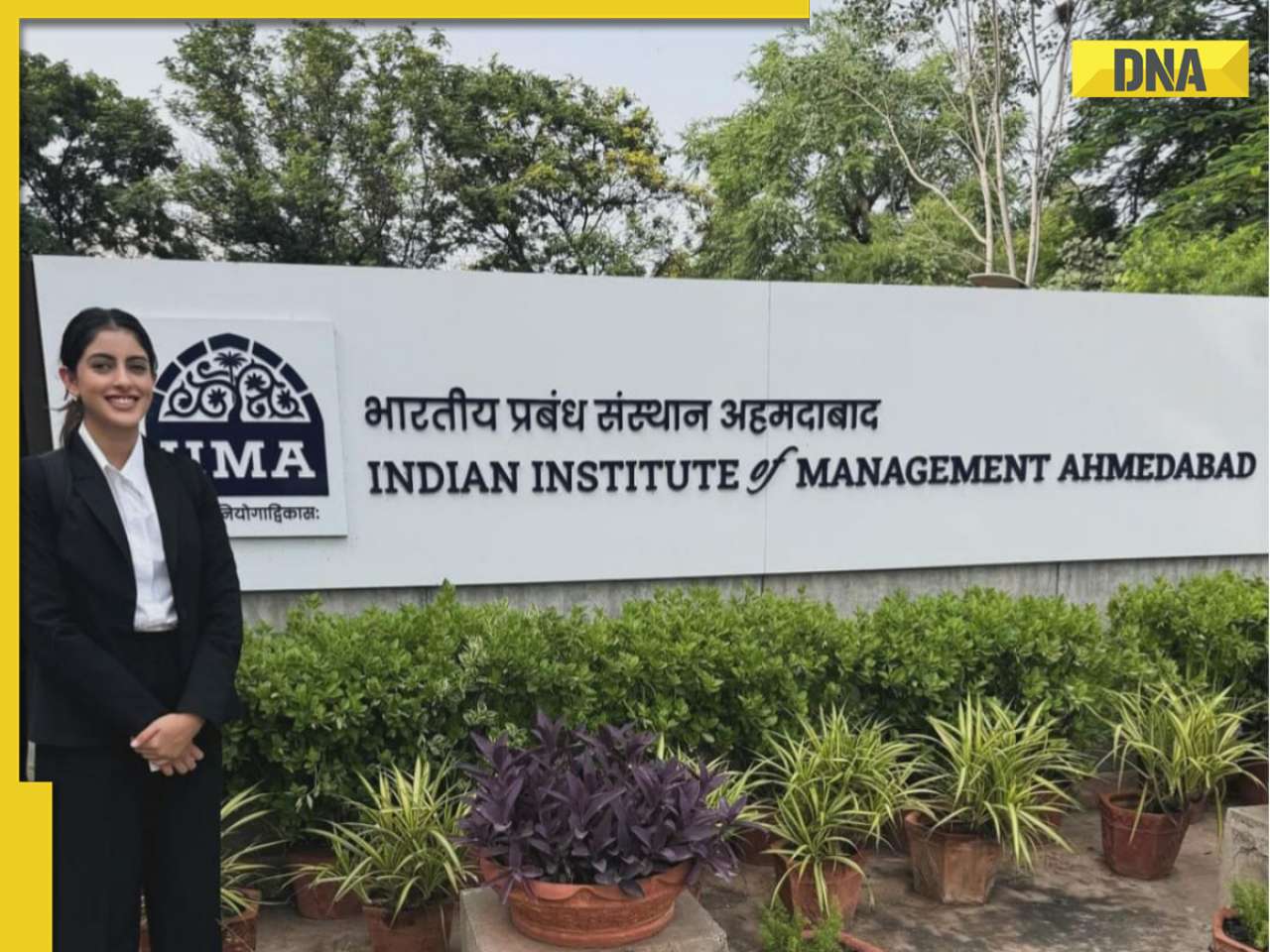

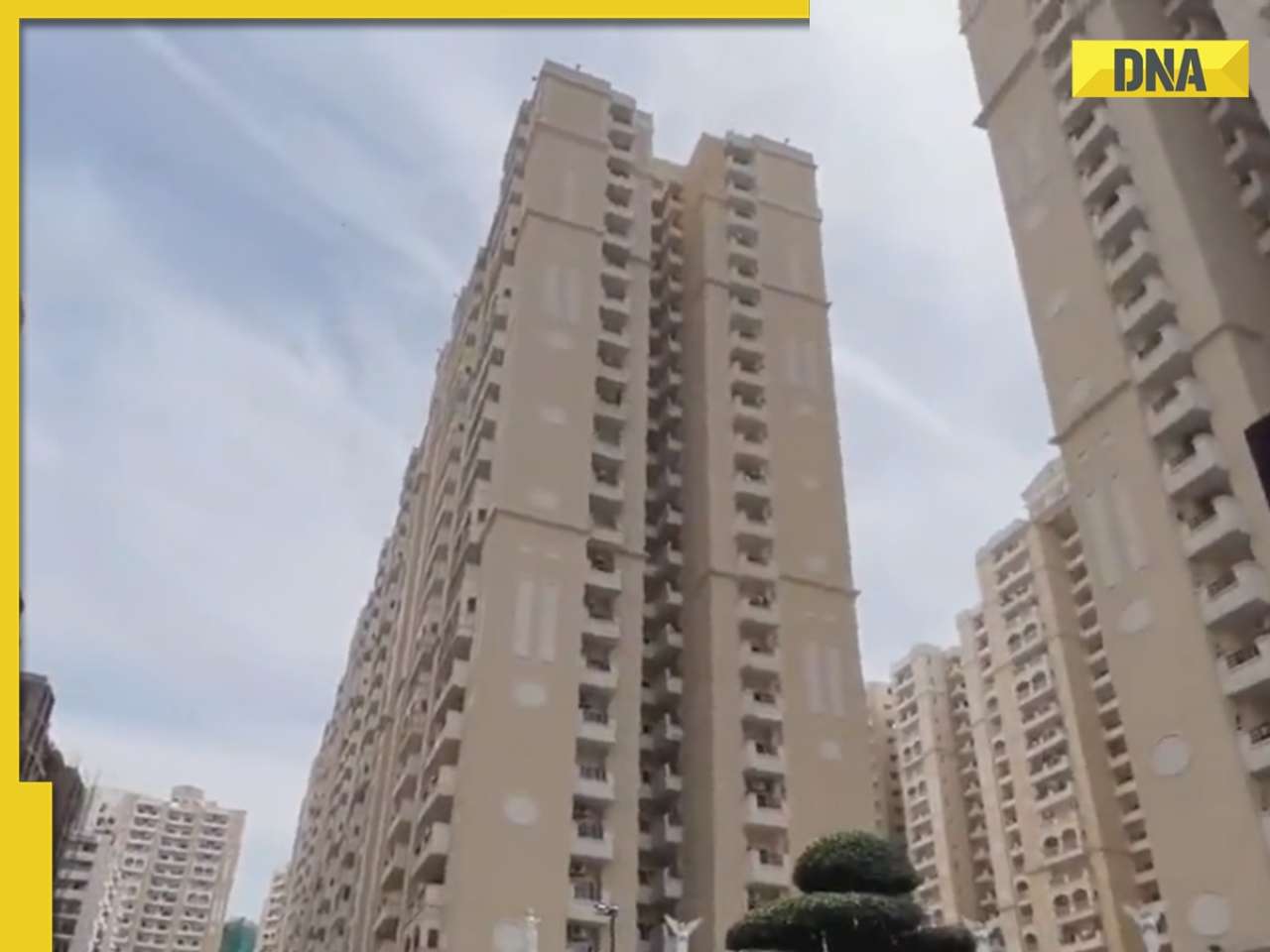

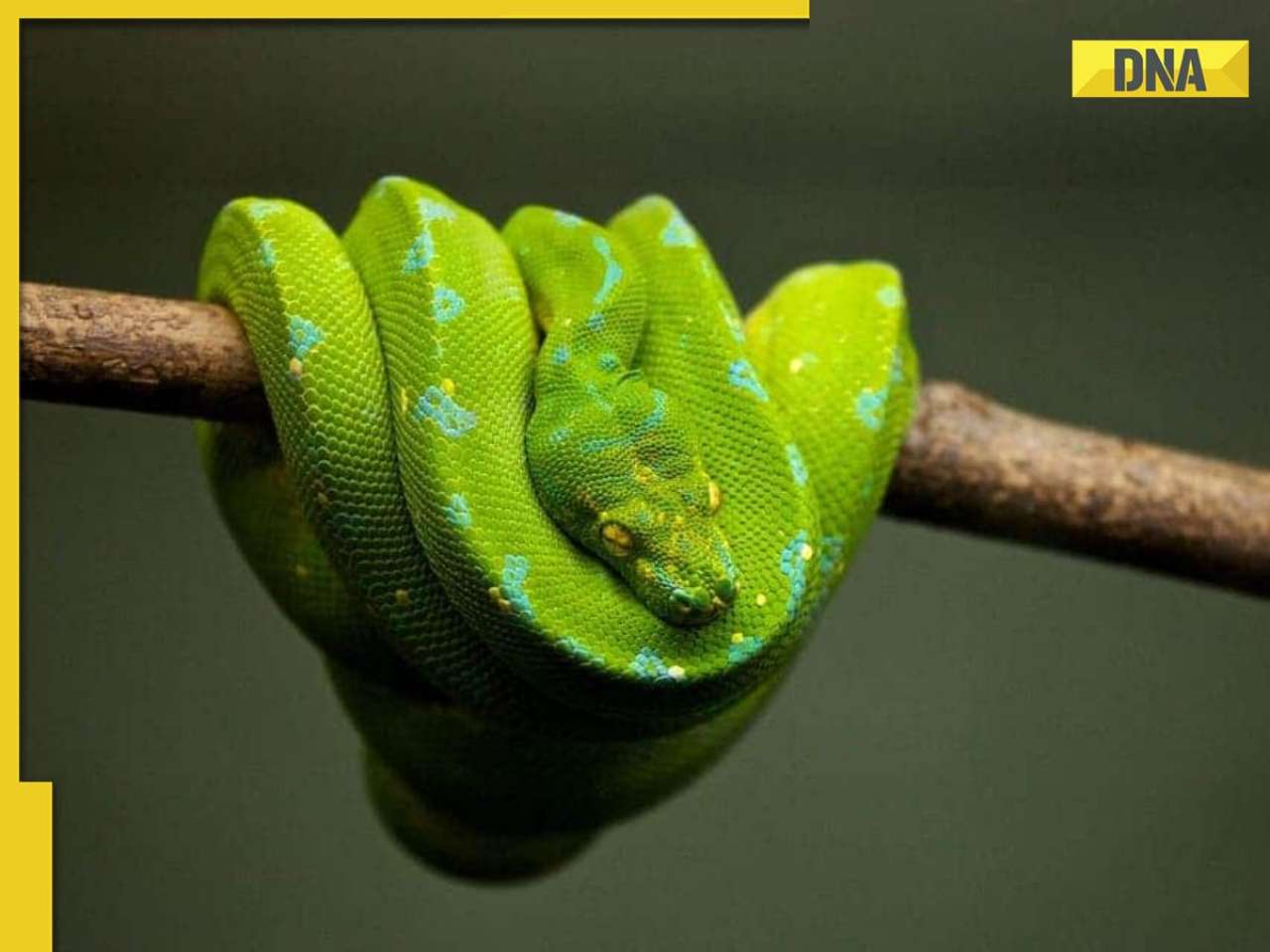





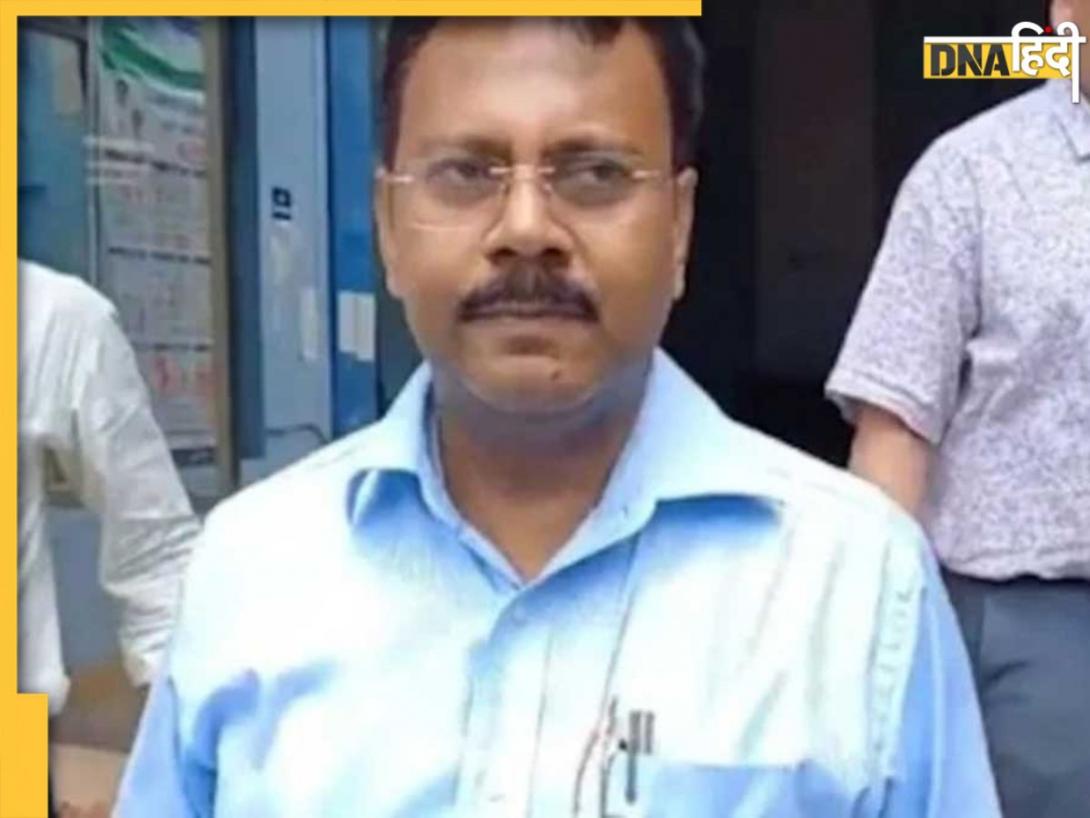




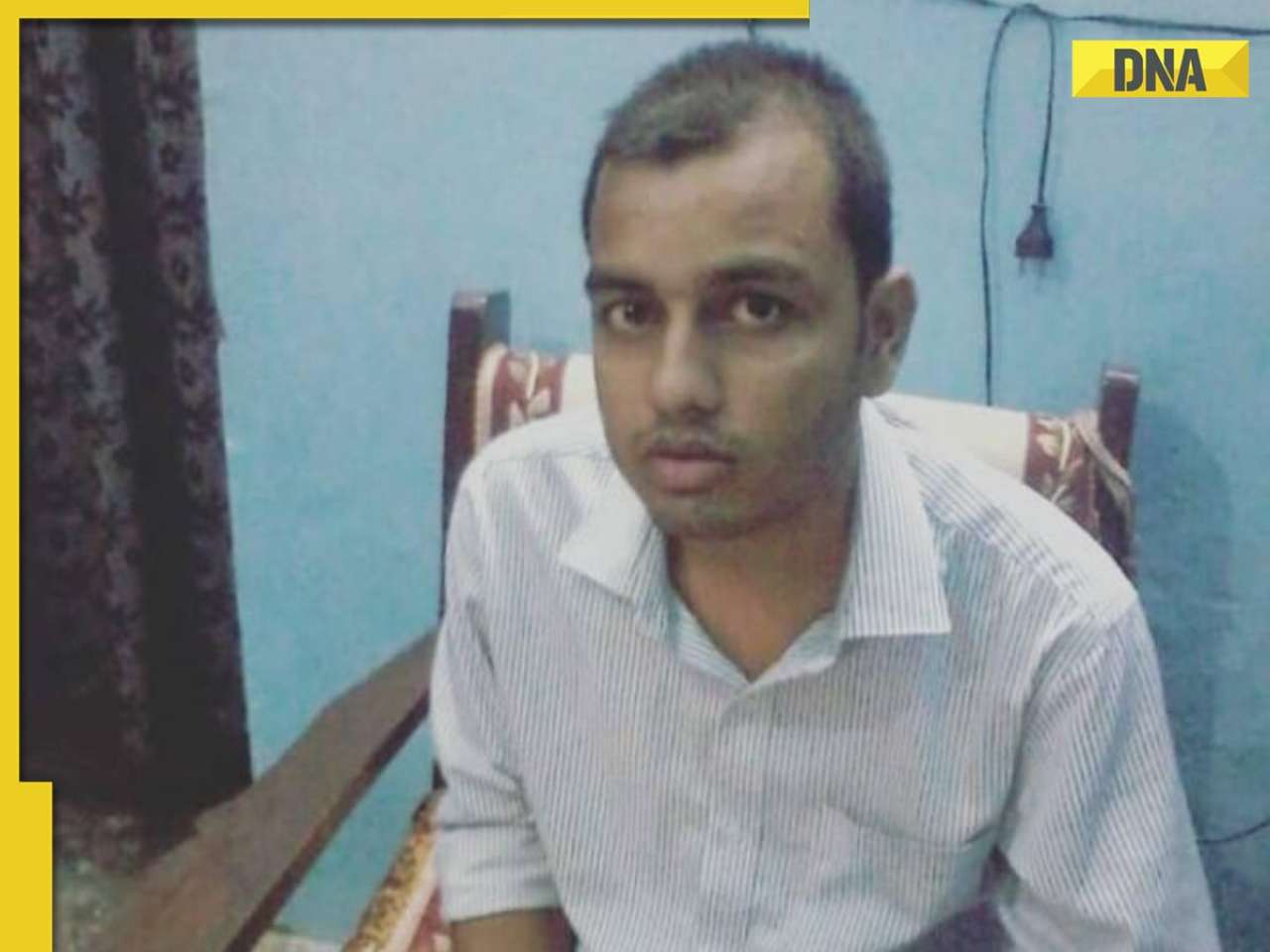
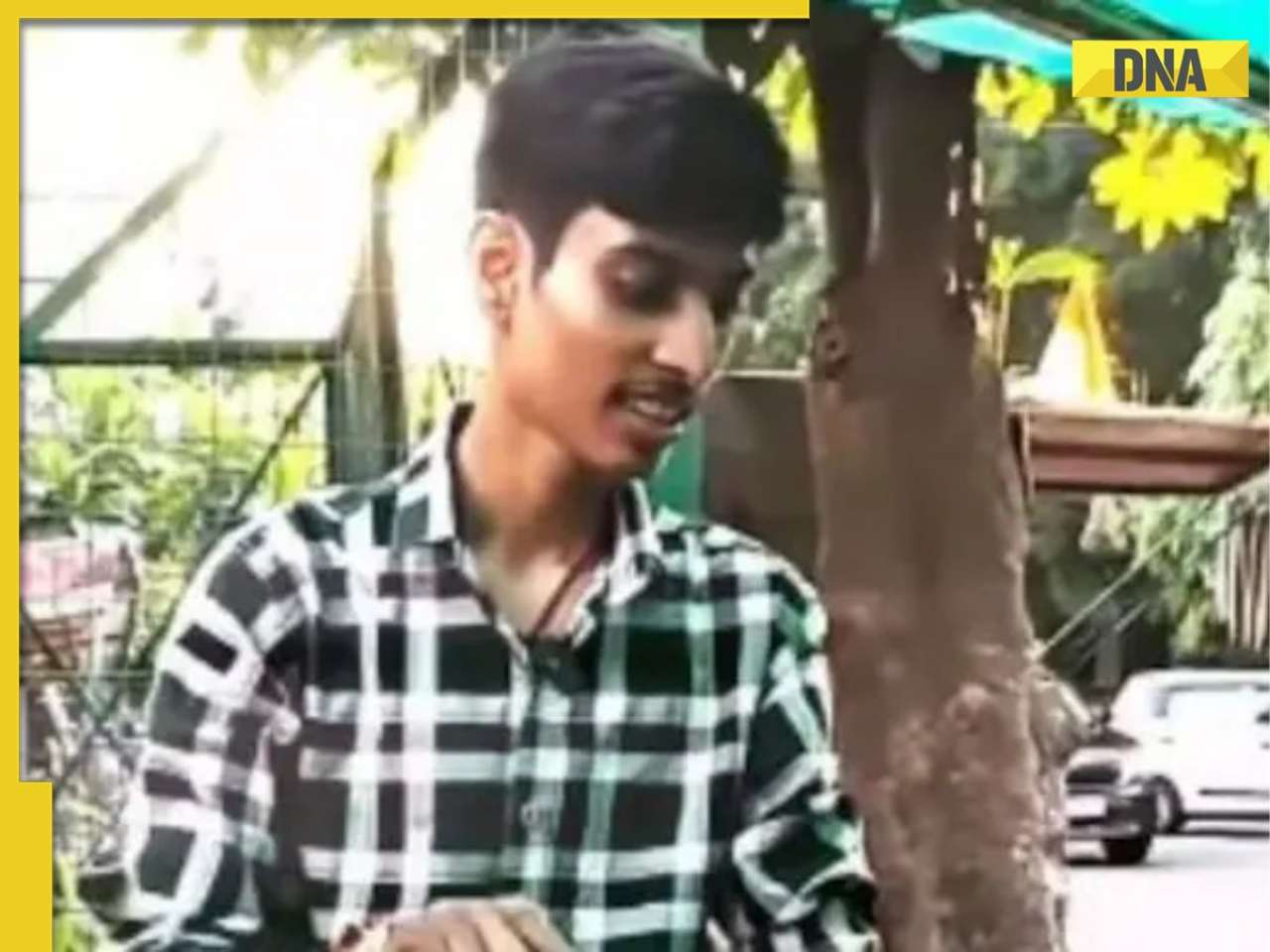







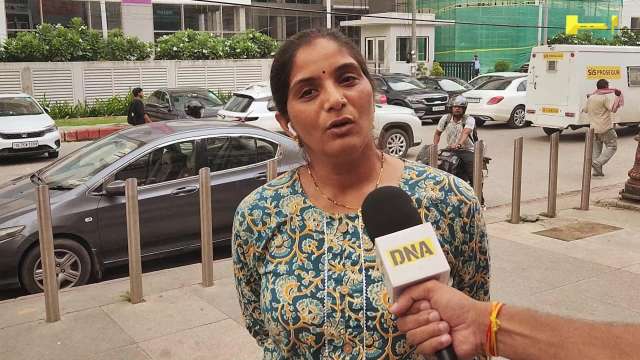










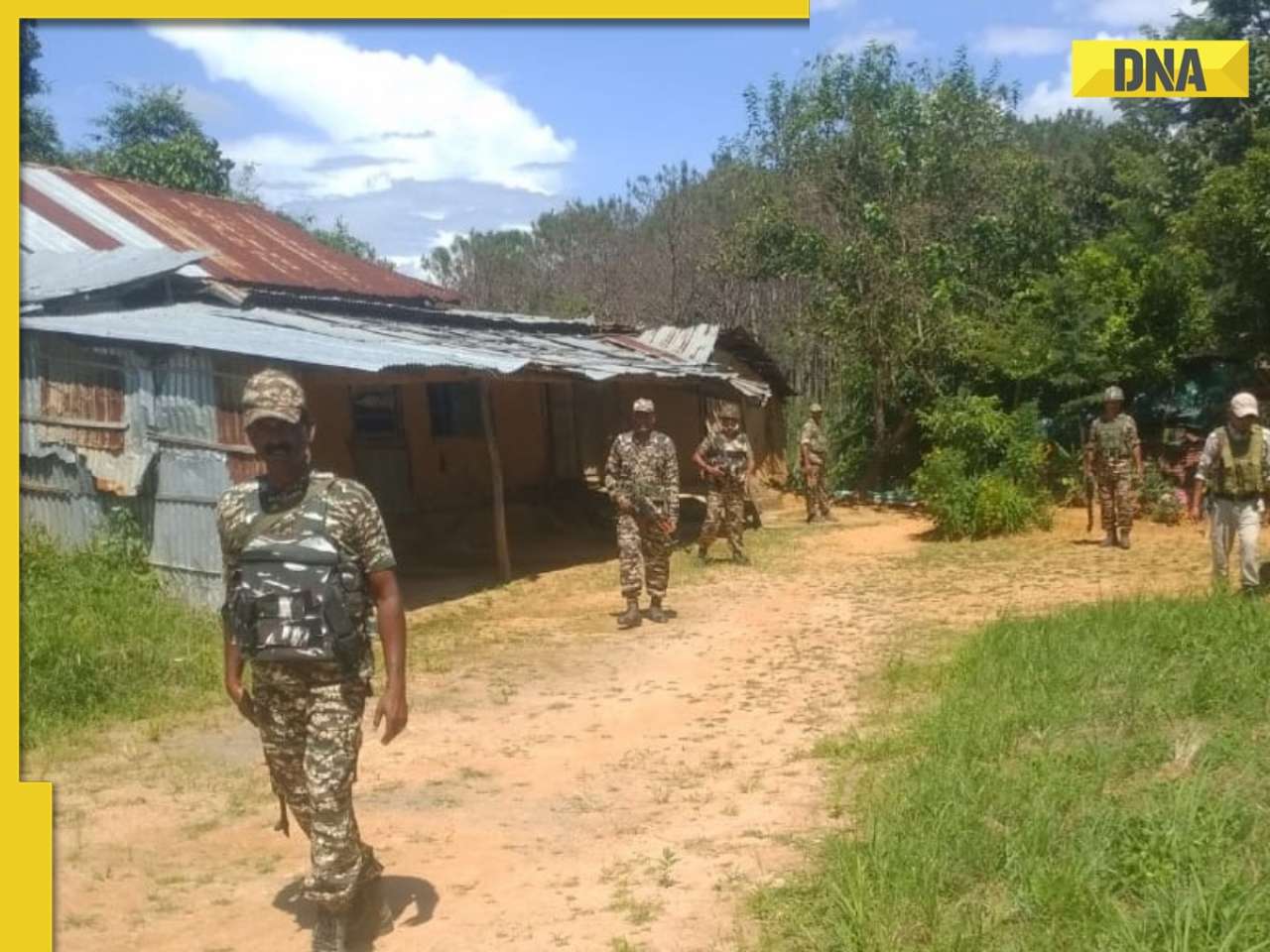

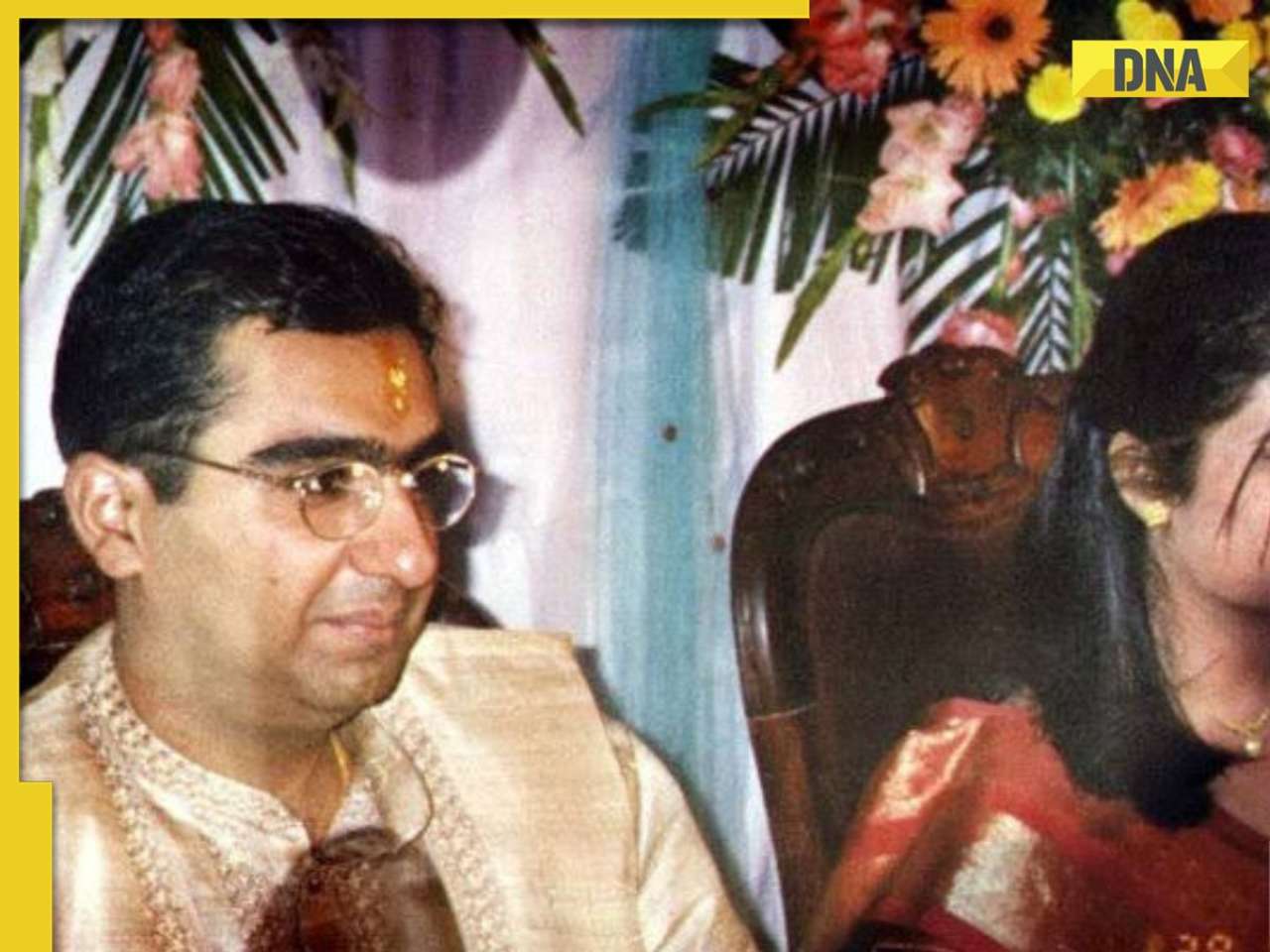

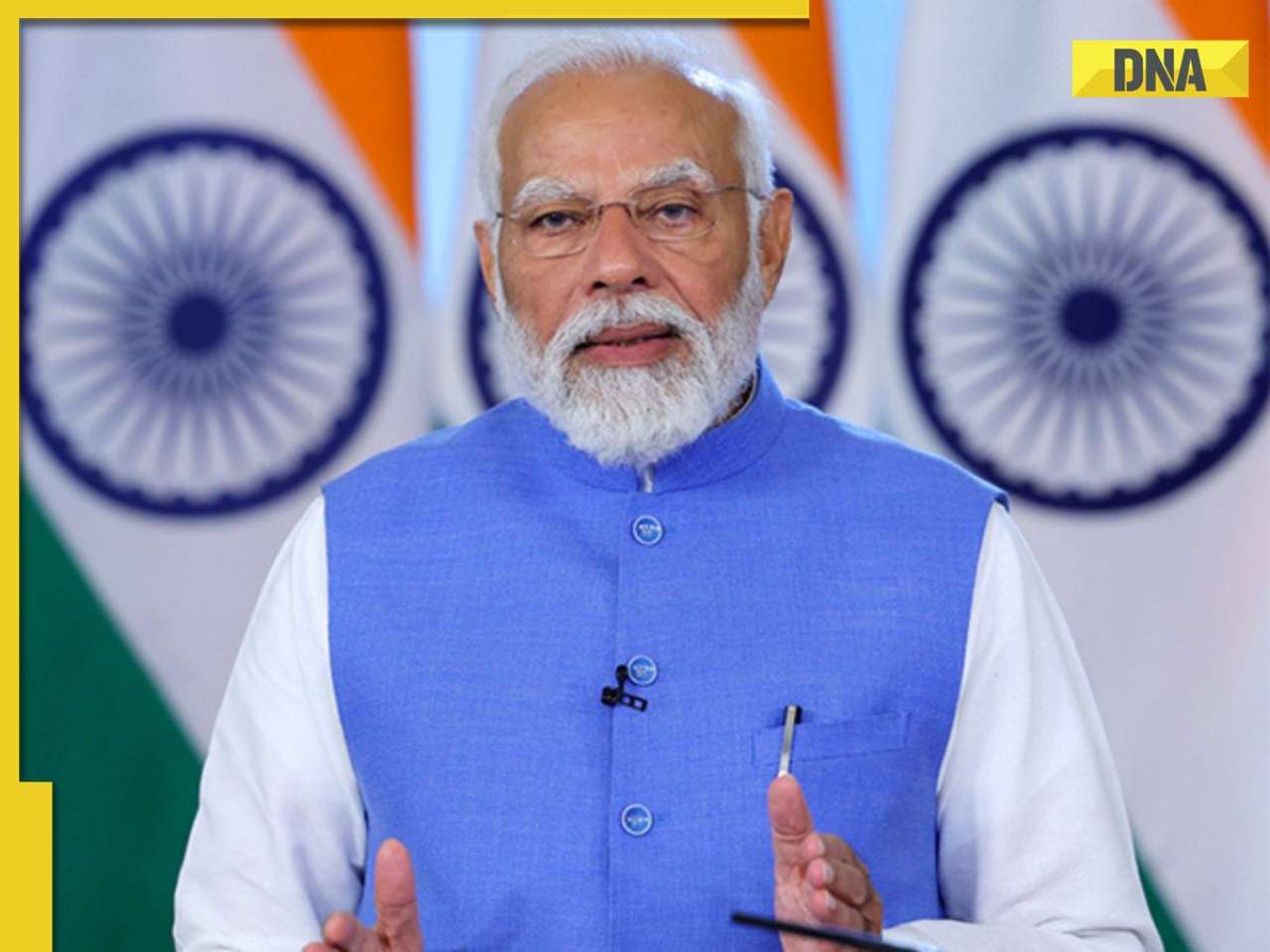
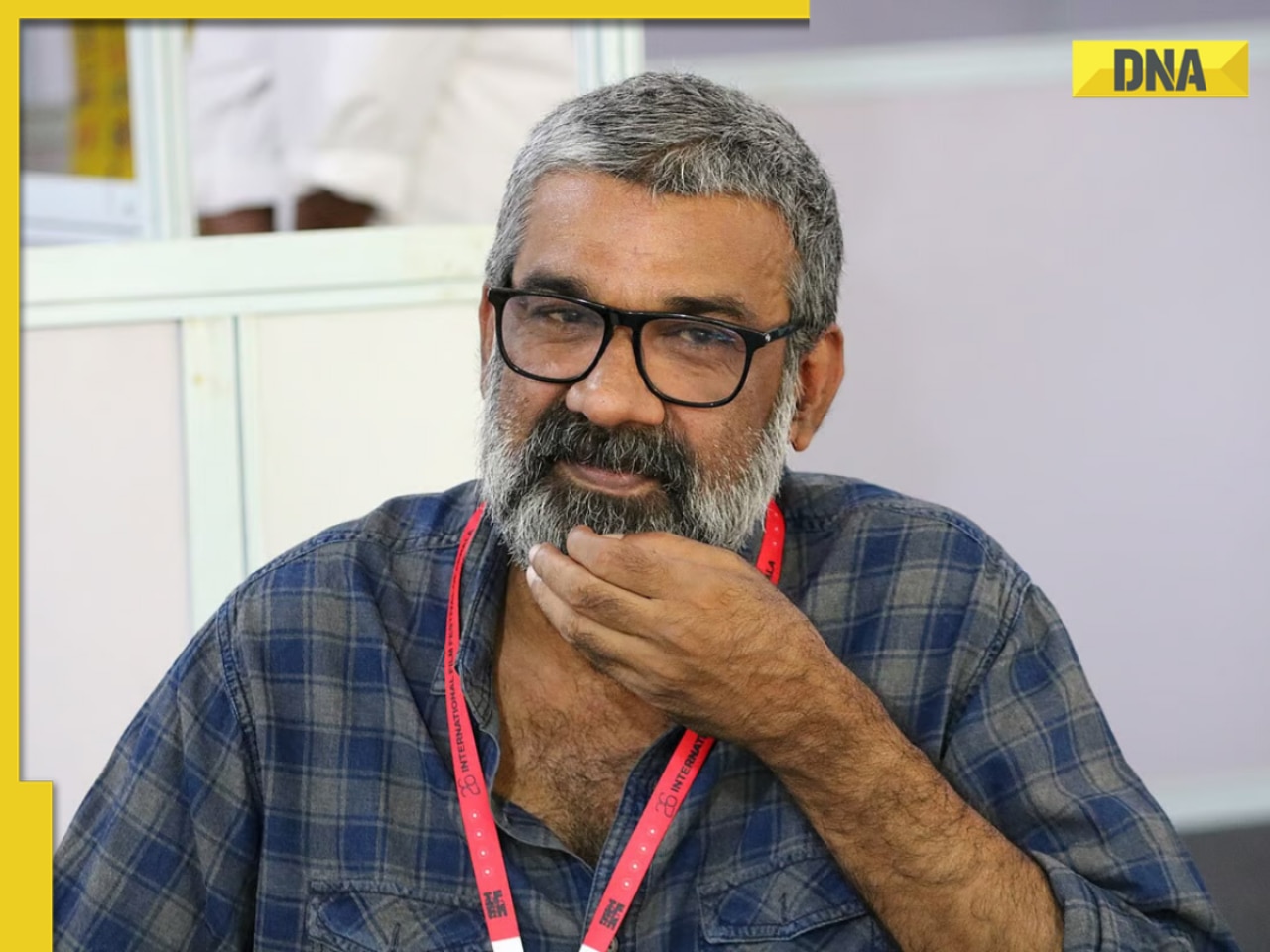
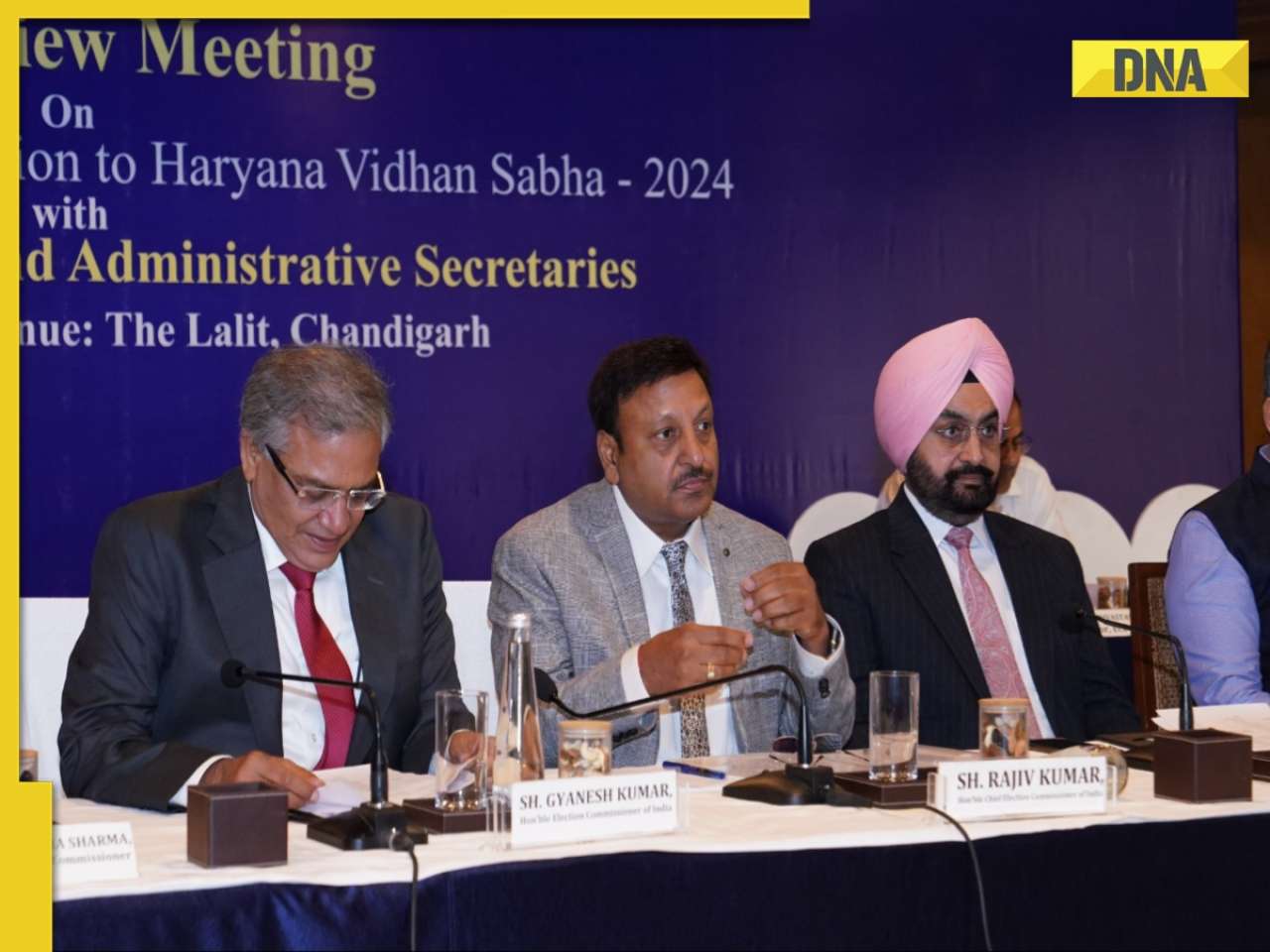
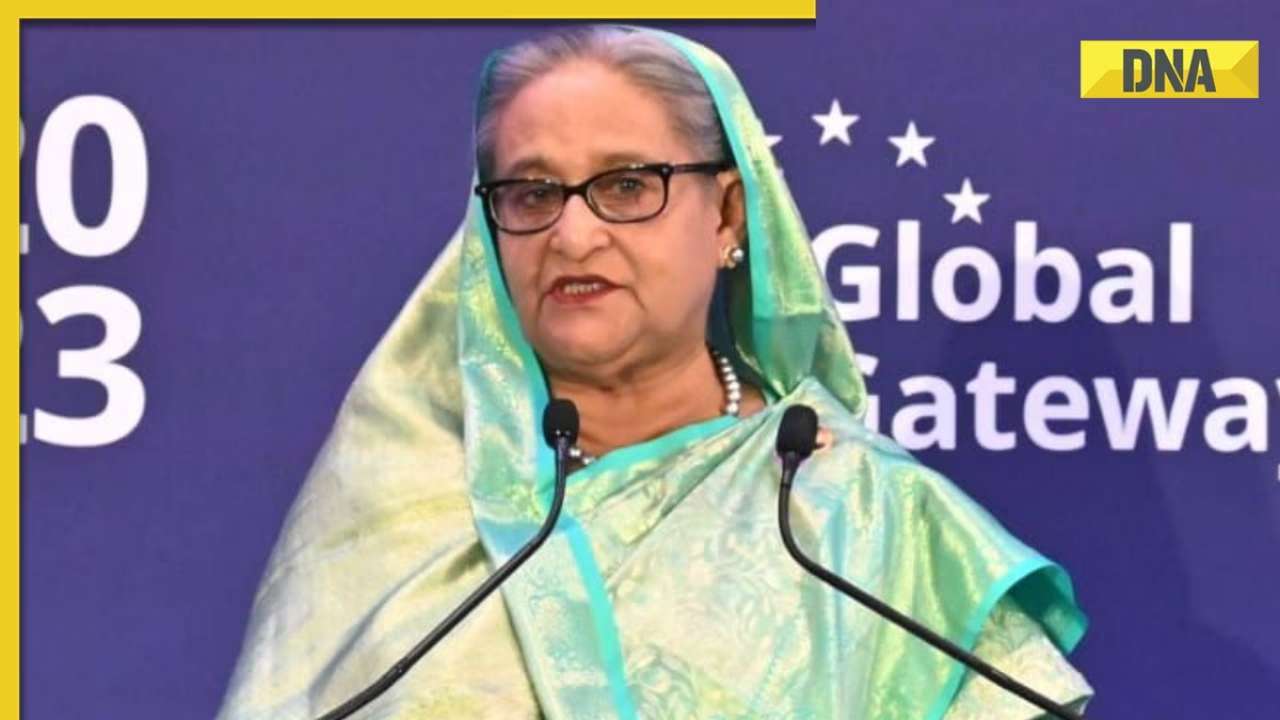
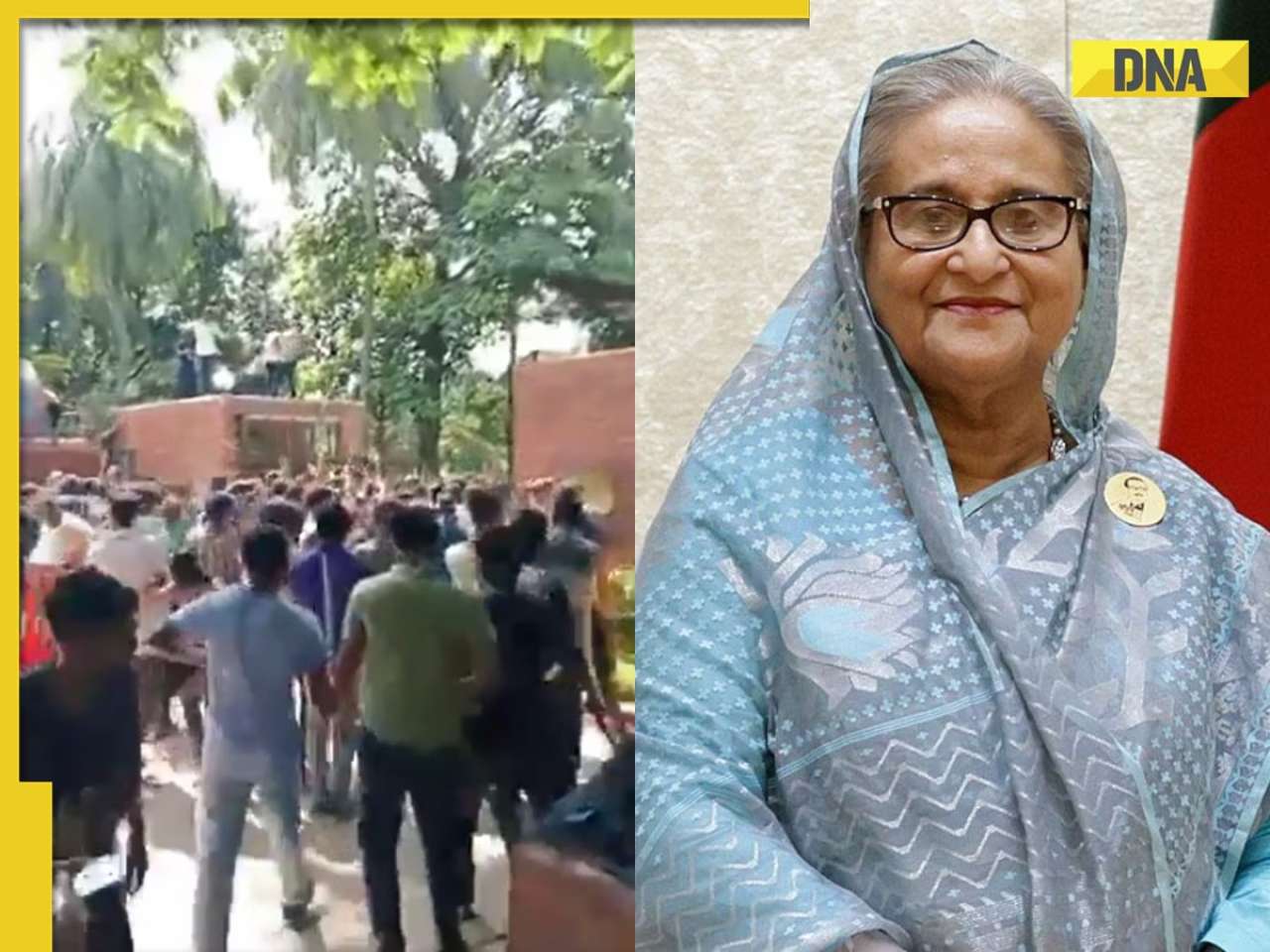
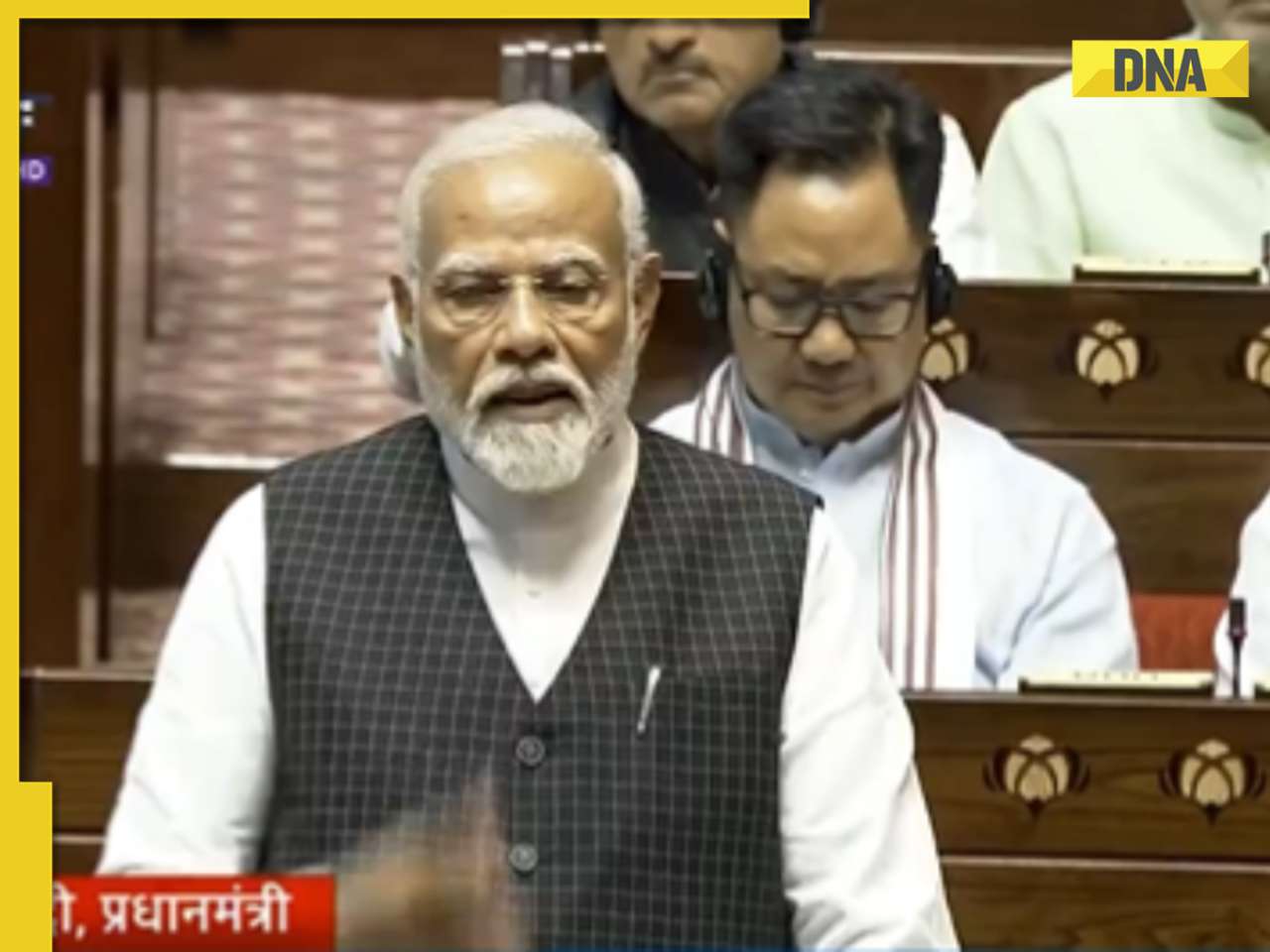


)
)
)
)
)
)
)
)
)
)
)
)
)
)





)
)
)
)
)
)